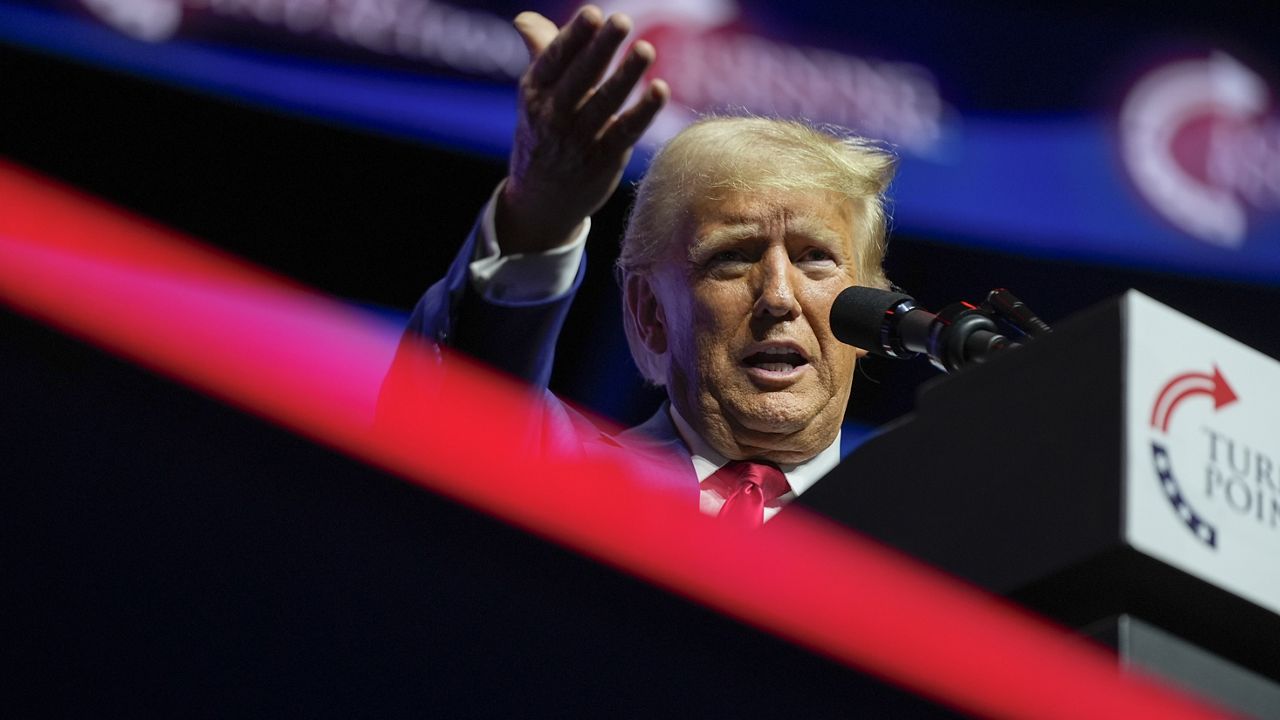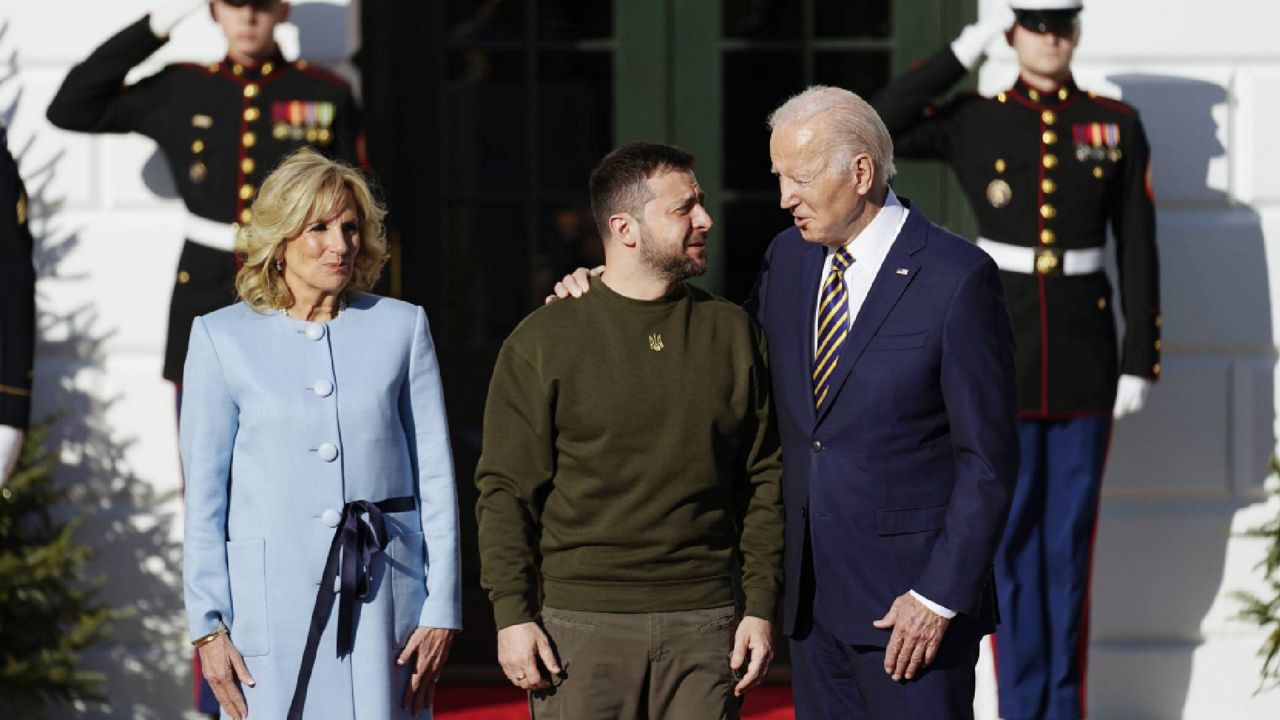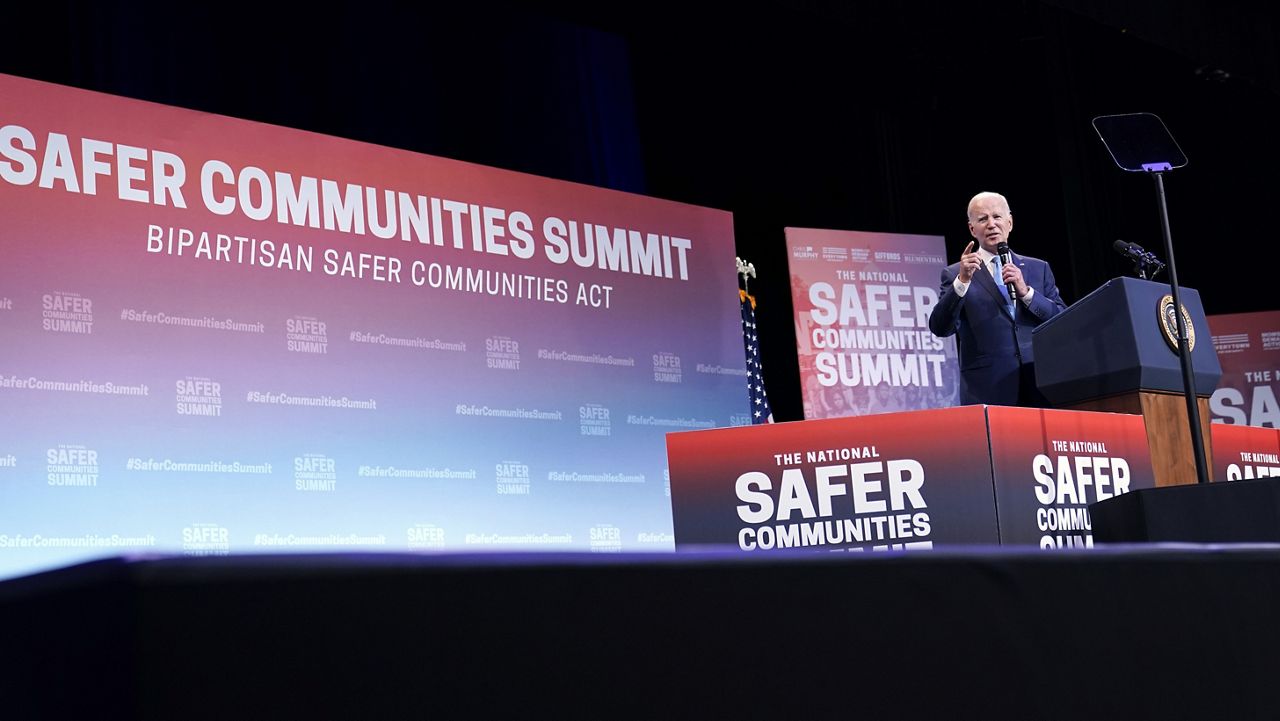Federal Native American boarding schools have been a largely unknown, or ignored, chapter of United States history. Many Americans have grown up not even knowing about them or learning about their history.
Now the federal government is trying to change that as it revisits a dark part of the country's history.
“It is a history that we must learn from if we are to heal,” said Interior Secretary Deb Haaland, the first Native American to serve as a Cabinet secretary in the U.S., testified at a congressional hearing exploring abuses at the federal Indian boarding school system last month.
"For over a century and a half, the federal government ... forcibly removed indigenous children from their families and communities and many never returned home," Haaland, who now oversees the department which ran the school system, added.
“This intentional targeting and removal of native children to achieve the goal of forced assimilation was both traumatic and violent,” she testified.
For more than a century, up until the late 1960s, the federal government ran what were known as Indian boarding schools, which promised a better life for children.
While some students prospered, others did not.
A report issued in May by the Interior Department found that 19 boarding schools accounted for the deaths of more than 500 children. The school system used militarized and identity-alteration methods, including renaming American Indian children with English names, cutting off Native American students’ hair, and discouraging American Indian, Alaska Native and Native Hawaiian languages, religions and cultural practices, the report said.
The schools used corporal punishment to enforce their rules, including placing children in solitary confinement, flogging, withholding food, whipping, slapping and cuffing, the Interior Department said. At times, the schools ordered older children to discipline younger ones.
The impacts of these boarding schools are still with us today.
The report found that the government collaborated with churches to Christianize schools and also found many marked and unmarked burial sites at schools with the remains of at least 500 children.
The Interior Department made a series of recommendations from identifying the number of burial sites to creating a federal memorial to help revitalize native languages. But there's more that can be done.
“We can’t change our history, but we need to understand it,” Sen. Elizabeth Warren, D-Mass., told Spectrum News.
Warren is pushing for legislation to create a healing commission that would document what happened and acknowledge injustices by the federal government.
The measure would, as Warren says, "desribe how, as a government, we're going to do what we can to make this right."
“You’re changed once you hear the truth,” Sandy White Hawk, president of the National Native American Boarding School Healing Coalition, told Spectrum News.
While the coalition is pushing for an apology from the government and the church, White Hawk says more needs to be done.
“Anytime you say you’re sorry about something, you have to change what brought you to the point that you had to apologize," she added.
This week, in Canada, Pope Francis met with survivors of residential schools there and issued an apology.
And in the U.S., Haaland is on a listening tour around the country meeting with survivors and descendants of the Federal Indian Boarding School System.
The healing commission legislation also continues to be pushed by lawmakers, but progress cannot happen overnight.
"We have a lot of pain in our communities, but it’s expressed in addiction and other ways of medicating and behaviors that are destructive," White Hawk told Spectrum News. "And the person ... they always end up hurting themselves for sure, but definitely families and communities suffer as well."









